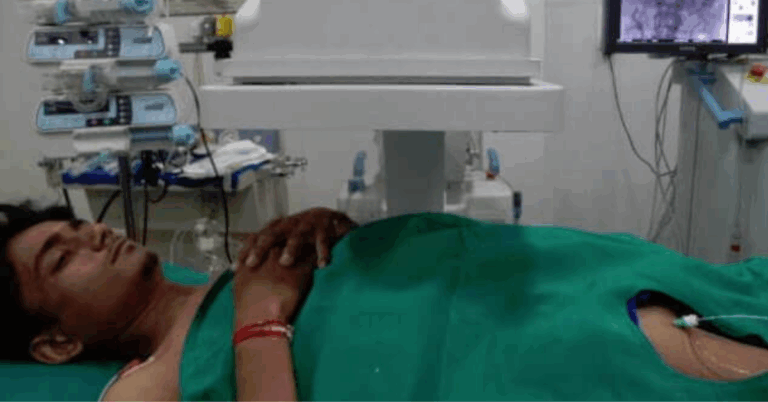Cybersecurity in Healthcare: Protecting Patient Data
Healthcare data security is a critical aspect of the healthcare industry, with patient information being highly sensitive and confidential. Ensuring the protection of this data is vital to maintain patient trust and comply with regulatory requirements. Security measures such as encryption, access controls, and regular audits are implemented to safeguard patient information from unauthorized access, theft, or breaches.
With the increasing digitization of healthcare records and the use of electronic health systems, the industry is more susceptible to cyber threats than ever before. Cybercriminals target healthcare organizations to exploit valuable patient data for financial gain or to disrupt operations for ransom. As a result, healthcare data security protocols must continuously evolve to counter these threats and stay ahead of potential vulnerabilities. Organizations must remain vigilant and proactive in their efforts to prevent data breaches and protect patient privacy.
Common Cybersecurity Threats in Healthcare Industry
Cybersecurity threats in the healthcare industry pose significant risks to patient data and the integrity of medical systems. One of the primary threats is ransomware attacks, where hackers encrypt sensitive information and demand a ransom for its release. These attacks can disrupt healthcare operations, compromise patient confidentiality, and result in financial losses for organizations.
Phishing attacks are another common threat in the healthcare sector, where malicious actors send deceptive emails to trick employees into divulging sensitive information or clicking malicious links. These attacks can lead to unauthorized access to patient records, financial fraud, and data breaches. It is crucial for healthcare institutions to implement robust cybersecurity measures to protect against these threats and safeguard patient data and privacy.
What is healthcare data security?
Healthcare data security refers to the measures and protocols put in place to protect sensitive patient information and ensure that it is not compromised or accessed by unauthorized individuals.
What are some common cybersecurity threats in the healthcare industry?
Some common cybersecurity threats in the healthcare industry include ransomware attacks, phishing scams, malware infections, insider threats, and data breaches.
How can healthcare organizations protect themselves from cybersecurity threats?
Healthcare organizations can protect themselves from cybersecurity threats by implementing strong password policies, regularly updating their software and systems, conducting employee training on cybersecurity best practices, and implementing encryption technologies.
What are the consequences of a cybersecurity breach in the healthcare industry?
The consequences of a cybersecurity breach in the healthcare industry can be severe, including compromised patient data, financial losses, damage to reputation, legal implications, and potential harm to patients.
How important is cybersecurity in the healthcare industry?
Cybersecurity is extremely important in the healthcare industry, as patient data is highly sensitive and valuable. A breach in security can have serious consequences for both patients and healthcare organizations.






